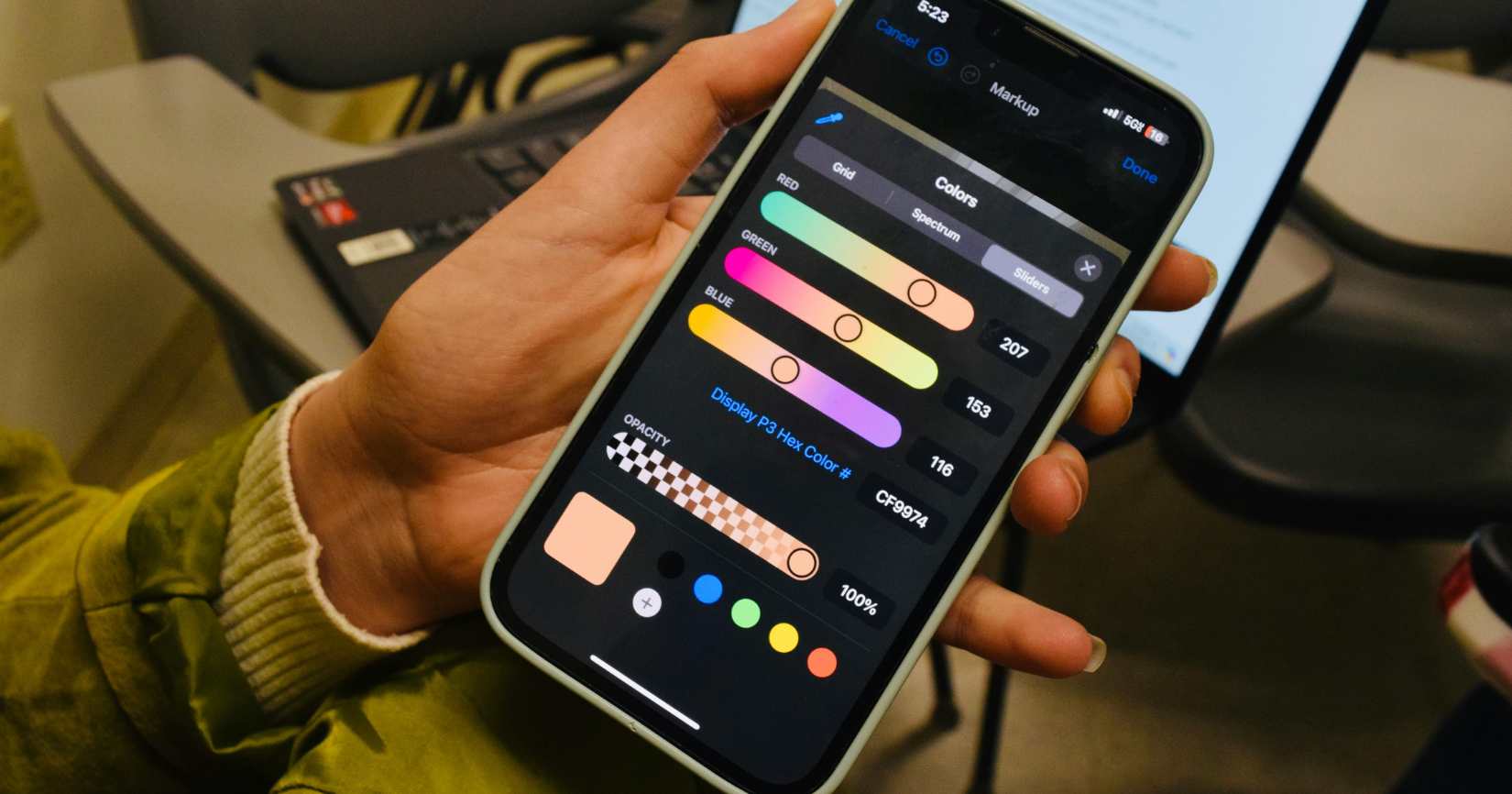
Samsung, in collaboration with the Department of Trade, Industry and Competition (DTIC), are inviting all suitable, black-owned ICT and service centre small to medium-sized enterprises (SMEs) to apply for this year’s Equity Equivalent Investment Programme (EEIP) for Enterprise Development (ED).
The programme is aimed at SMEs that have experience in service centre repairs for mobile devices and consumer electronics. During the duration of the programme, participants will be provided with business grant funding to support operations, specialist business development support, as well as access to Samsung’s service repair network.
Now in its 7th year, the programme is part of Samsung’s contractual obligations with the DTIC and its commitment to making a positive contribution to broader economic growth, job creation, as well as sustainable entrepreneurship opportunities within South Africa.
Nicky Beukes, Samsung EEIP Project Manager, said: “This programme has in the last few years seen great success and has also had a positive impact on the lives of entrepreneurs in the ICT space. As part of our transformation objectives, our EEIP programme continues to contribute to the sustainable development goals of the National Development Plan (NDP).”
What is an Equity Equivalent Investment Programme (EEIP)?
In South Africa, EEIPs are a mechanism that enables foreign-owned multinational companies to meet Broad-Based Black Economic Empowerment (B-BBEE) ownership requirements. This practice is common for companies whose global policies prevent them from transferring equity to black South Africans.
Instead of the required 30% black ownership requirement, global companies operating in South Africa invest an equivalent value into approved initiatives that support South Africa’s transformation goals, such as skills development, enterprise growth, and job creation.
How to Apply for the Samsung EEIP
The programme is open to SMEs that meet the following criteria:
- A South African citizen and registered company with the Companies and Intellectual Property Commission (CIPC)
- The business needs to be at least 51% black owned and operating for one year minimum
- Your business has to be classified as an Exempted Micro Enterprise or Qualifying Small Enterprise, as defined in the Broad-Based Black Economic Empowerment Act.
- Must have a proven track record of operating in the consumer electronics repair or ICT industries
- Must have relevant certification and expertise for your business and industry
- Good communication skills, business sharpness, interpersonal skills and entrepreneurial capabilities
Application Process
Step 1: Apply online and submit all required information.
Step 2: Your application will be evaluated against the qualifying criteria and shortlist applications for the second evaluation round.
Step 3: If shortlisted, you will receive communication from Samsung’s independent partner on the next steps.
Step 4: If successful, you will receive notice and information on the next steps.
The applications for the programme are open and close on 15 August 2025.
Importance of EEIP for SME Development
EEIPs are important for SME development in South Africa, particularly for black-owned SMEs. These programmes provide SMEs with the following benefits:
- Funding and development support: EEIPs provide financial assistance and business development support, such as mentorship, to early-stage businesses.
- Funding gap: EEIP are an effective way of providing financing to SMEs that might not meet traditional lending criteria.
- Economic inclusion: Most programmes target black-owned SMEs and aim to create jobs for South Africans, especially the youth and women.
- Alignment with government policies: EEIP initiatives are designed to align with South Africa’s national development plans and industrial policies.
“This is our way of ensuring that we empower South Africa’s digital future by helping ICT entrepreneurs thrive as we deepen our commitment and collaboration with DTIC. The success of this EEIP SME Development Programme highlights the significant milestone of our EEIP in the country and the profound impact it has had on the nation’s ICT sector in conjunction with the DTIC,” said Beukes.
EEIPs in South Africa
These are some of the other EEIPs in South Africa aimed at the development of SMEs:
J.P. Morgan Abadali Equity Equivalent Investment Programme
A grant fund aimed at enterprises operating mainly in the Industrial and Green Economy sectors of the South African economy.
Amazon Web Services Equity Equivalent Investment Programme
An acceleration programme for SMEs who want to build an AWS business and grow as partners in the AWS Partner Network (APN)
Microsoft Emerging Partner Programme
The programme supports the development of black-owned SMEs in the ICT industry who want to become Microsoft Solutions Partners.
IBM Equity Equivalent Programme
Development programme aimed at black women-owned SMEs in the ICT sector.
Citibank Equity Equivalent Programme
Development programme with capital provided to the Mega City River Development in the Vaal.






